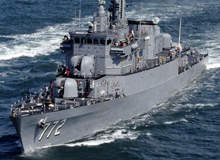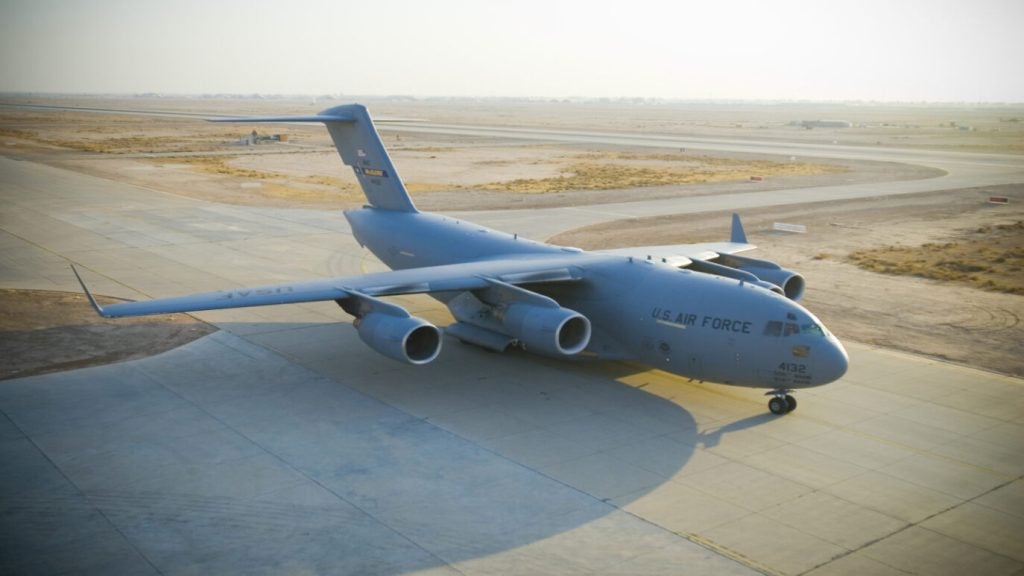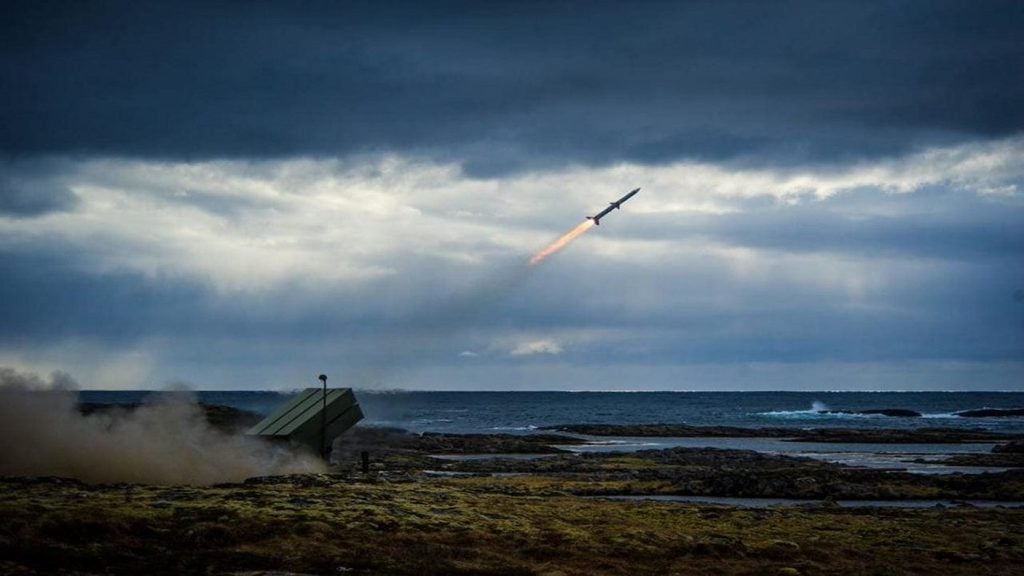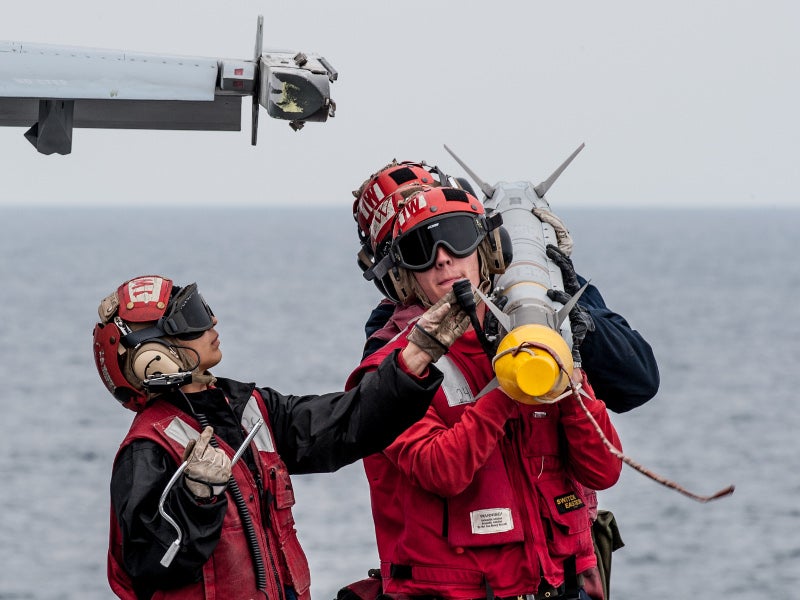
With the subsequent investigation laying the blame squarely at the door of a bellicose and blustering North Korea in denial, and with South Korean loudspeakers once again deployed and blaring propaganda across the border with renewed vigour, it is difficult to see how the two main protagonists will resolve this particular drama.
How much influence the global community can, or will choose to bring to bear, remains equally uncertain. China, Russia and the US in particular all have their own vested interests in the region, but with some predicting an inevitable challenge to US hegemony in the Asia-Pacific area as the ascendency of China continues, the regional dynamics were already changing long before the torpedo was fired.
Security repercussions
Much of the initial fallout from the incident followed largely predictable lines as South Korea suspended trade with its neighbours to the north, China dragged its heels for a month before expressing condolences for the 46 lives that were lost and the US echoed the diplomatic noises coming out of Seoul.
As the weeks and months have drawn on, however, one thing that has emerged clearly in the wake of the sinking is a notable strengthening of the ties between the US, South Korea and Japan. While President Lee Myung-bak has always explicitly formulated his foreign policy to promote the notion of South Korea as an important regional power – its economy is, after all, the fourth largest in Asia – and a key US ally in the region.
The Japanese position had become somewhat cooler in recent years but with the recent resignation of Yukio Hatoyama, that particular wheel seems to have turned full circle and many commentators, including Fumiaki Kubo, dean of political studies at the University of Tokyo, expect Naoto Kan’s government to attach far more importance to closer regional security.
How well do you really know your competitors?
Access the most comprehensive Company Profiles on the market, powered by GlobalData. Save hours of research. Gain competitive edge.

Thank you!
Your download email will arrive shortly
Not ready to buy yet? Download a free sample
We are confident about the unique quality of our Company Profiles. However, we want you to make the most beneficial decision for your business, so we offer a free sample that you can download by submitting the below form
By GlobalDataWith Beijing having already expressed some disquiet over the growing cooperation between these three nations, India and Australia, this may have long-term implications for Sino-South Korean relations, which Seoul’s announcement of moves to enhance joint US naval capabilities can scarcely have helped.
The threat of war
In the immediate aftermath of the sinking, Pyongyang threatened to meet any attempt at retaliation by South Korea with “all-out war” – a position further underlined in late June in a statement from the government made via the country’s official news agency, KCNA.
“The recent disturbing development on the Korean peninsula underscores the need for [North Korea] to bolster its nuclear deterrent in a newly developed way to cope with the US persistent hostile policy toward [the North] and military threat toward it.”
According to some analysts, this appears to be a further hint at moves to develop a thermonuclear programme, hot on the heels of claims made in May that North Korean scientists had successfully achieved fusion. The country has previously conducted two nuclear tests, and is thought to already have uranium and plutonium fission weapons.
Across the 38th parallel, South Korea has itself begun an arms build-up which some see as intended to enhance its ability to act without deference to US geo-political sensibilities, particularly in the light of Obama’s need to keep his counterparts in Beijing and Moscow on side over the nuclear ambitions of North Korea and Iran.
“Our military is charged with the supreme task of maintaining high readiness to sternly counter any North Korean provocations,” said General Hwang Eui-don, the army’s new chief of staff, at his recent inauguration in Daejeon, before vowing to strengthen the means to achieve it.
Fanning the flames
Behind the military grandstanding, as always, lurks the shadowy imprint of political intrigue. There is speculation that Lee Myung-bak, has chosen to manipulate domestic opinion over the Cheonan incident to bolster support for his long-standing policy of forging stronger links with the US, to provide a counterbalance to China’s burgeoning economic and military presence.
Equally, with Kim Jong-il’s health and a continuing concern after his apparent stroke in 2008, and moves afoot to pave the way for the eventual succession of his youngest son Kim Jong-un, some observers have suggested that the attack was orchestrated by Jong-un to prove his merit for the post.
Whatever the truth, events have challenged the view of North Korea as a failing state, with chronic food shortages and a weak economy, despite its considerable mineral wealth. Perhaps most worryingly, the new paradigm seems to be of a country emboldened by its assumptive status as a nuclear power, which many believe may lead Pyongyang to feel able to strike at its neighbour with virtual impunity.
However, despite tension and rhetoric fanning the flames, the sound of calm can still be heard above the noise of rattling sabres – at least for now – and few believe the threat of war will become an imminent reality.
Much of the reason for this lies in the unique position of China, and the particular way that Beijing has chosen to play the game.
The role of China
“No one is more concerned about peace and stability in this region than the Chinese,” US Secretary of State, Hillary Clinton said during her official visit to Beijing in May. It is unquestionably true, largely because it is driven by that most powerful of motives – self-interest.
China’s role is pivotal, but, as the sinking of the Cheonan highlights, attempting to maintain good relations with both North and South Korea in the interests of a balanced strategy to ensure lasting stability on the peninsula is fraught with difficulties. To describe Kim Jong-il’s regime as “maverick” is to descend to a level of political parody that borders on the grotesque. It is not yet two years since North Korea was removed from President Bush’s notorious “axis of evil” – and there are those on Capitol Hill who see this incident as cause enough to justify reinclusion.
An openly critical China, now seeking to distance itself from its long-standing political and economic “traditional friendship” with Pyongyang, would undoubtedly win friends internationally, but such a move courts major risks.
Without the modifying influence of Beijing to whisper warnings into Kim’s ear, the spectre of a reignited war moves infinitely closer. Few believe that North Korea would win such a conflict, and the casualties would almost certainly be high – but it is arguably not the defeat of an ideological ally that worries China.
A reunified and Western-leaning Korea after the fall of Kim’s North – standing as a staunch US ally on the Chinese doorstep – would be hard to countenance and it might even threaten the extant regime of China itself.







